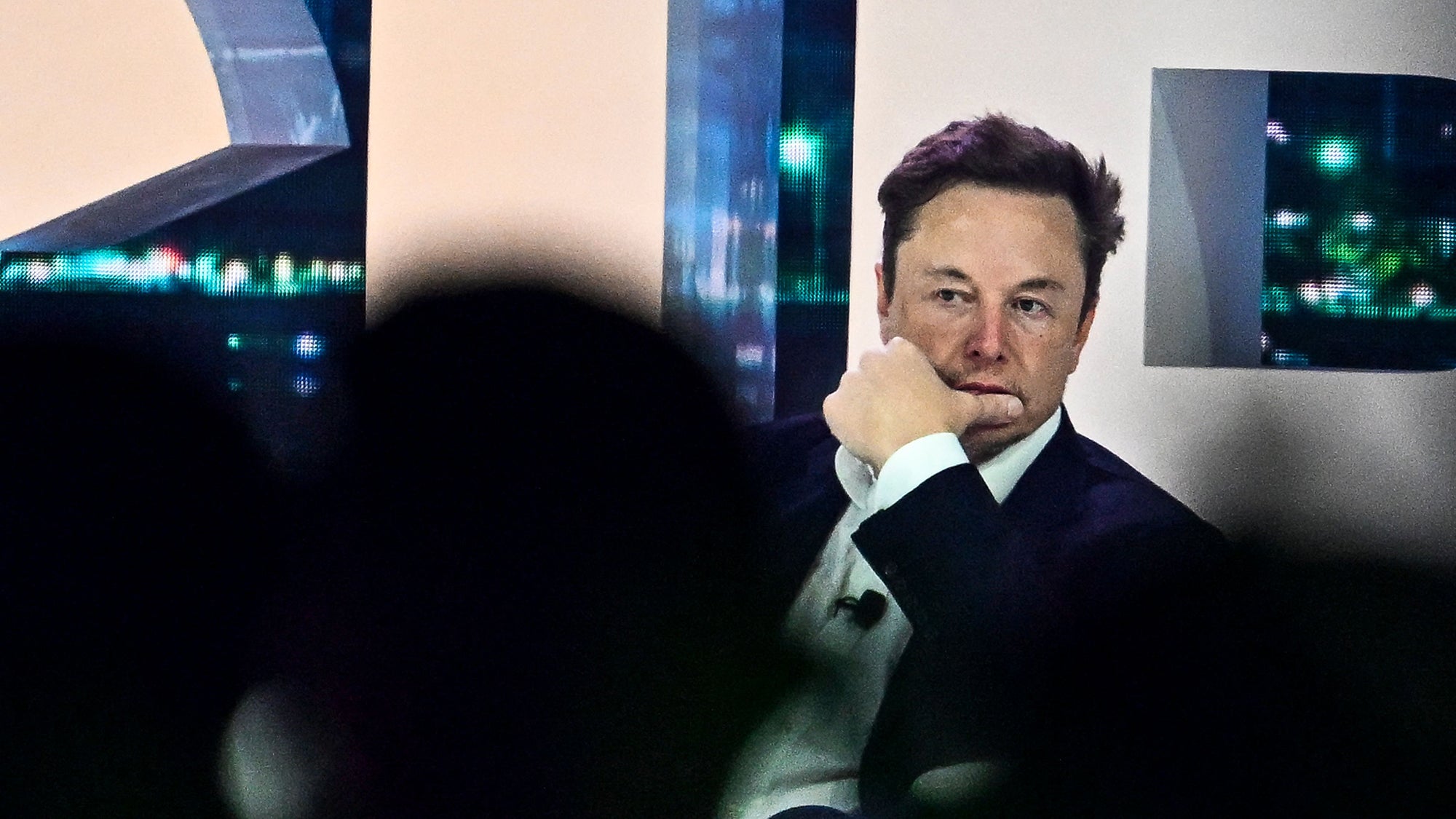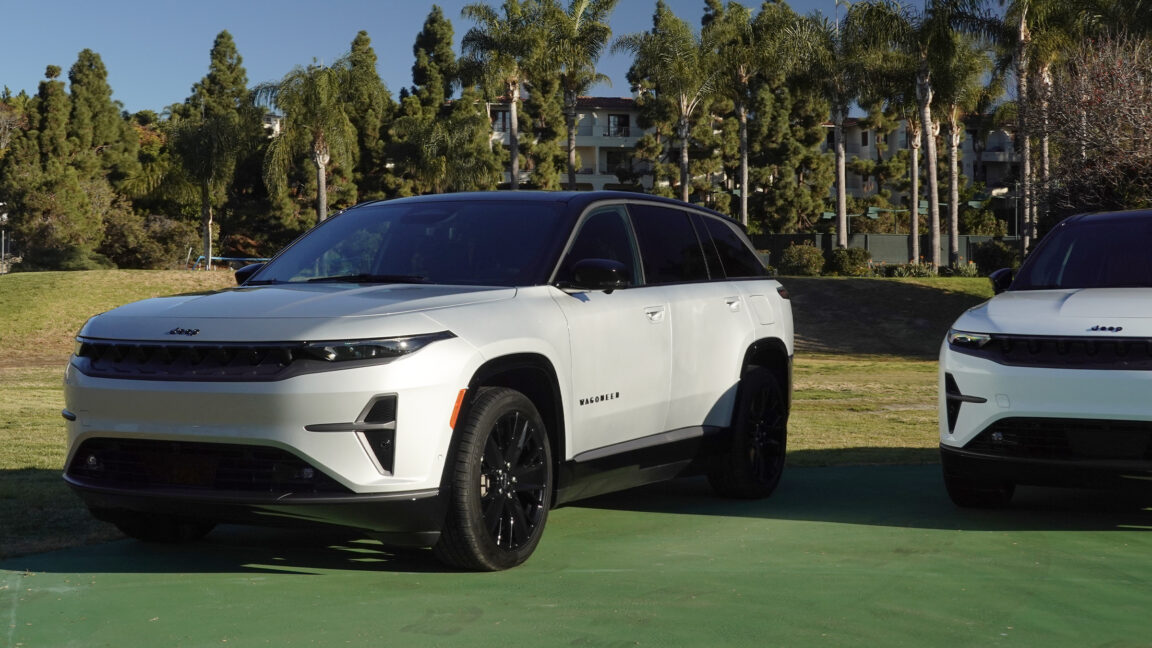The FDA previously rebuffed Neuralink’s initial application.
By
Andrew Paul
|

Elon Musk’s brain-computer interface company Neuralink announced on Thursday evening that it has received FDA approval to begin conducting human trials. News of the major step arrives after years of research and numerous regulatory hurdles, as well as multiple investigations into potential safety and animal ethics violations.
“This is the result of incredible work by the Neuralink team in close collaboration with the FDA and represents an important first step that will one day allow our technology to help many people,” Neuralink wrote via its Twitter account on Thursday evening, with Musk retweeting the message alongside his congratulations.
[Related: Elon Musk hopes humans will test Neuralink brain implants in the next six months.]
Neuralink aims to create a line of computer implants that connect directly with users’ brains, initially in order to restore patients’ vision and help those with a “Stephen Hawking-type [neurological] situation,” explained Musk during a Neuralink presentation last November. For the majority of his life, Hawking suffered from amyotrophic lateral sclerosis (ALS), which ultimately resulted in a near total body paralysis.
Neuralink first released footage in 2019 of a successful interfacing with rat test subjects. The company subsequently moved on to similar implants for sheep, pigs, and monkeys. In 2021, the company released footage of one of its test macaques playing Pong via a prototype “brain-machine interface.” Late last year, however, an exposé from Reuters revealed the company was under a federal investigation stemming from “internal staff complaints” regarding alleged animal-welfare violations, some of which pertained to over alleged 1,500 dead test subjects. Shortly thereafter, another report via Reuters indicated the FDA had rebuffed the company’s initial requests to begin human test trials, citing concerns over devices potentially overheating, as well as the possibility of damaging brain tissue upon implant removal.
[Related: Employees say Neuralink’s ‘hack job’ tests killed roughly 1,500 animals since 2018.]
As The Verge and DigitalTrends noted on Thursday, Neuralink is not the first company to receive regulatory greenlight on human brain-computer interface trials. Earlier this year, a company called Synchron—backed by the likes of Jeff Bezos and Bill Gates—announced it had successfully implanted their “Stentrode” neuroprosthesis device in four human subjects. BrainGate’s device has also previously allowed a paralyzed man to convert his imagined handwriting into text to communicate.
Per Neuralink, recruitment is not yet open for clinical trials, but the company promised “more information on this soon.” Last November, Musk stated during a company show-and-tell that “You could have a Neuralink device implanted right now and you wouldn’t even know,” adding that, “ Hypothetically in one of these demos, in fact… I will.”











